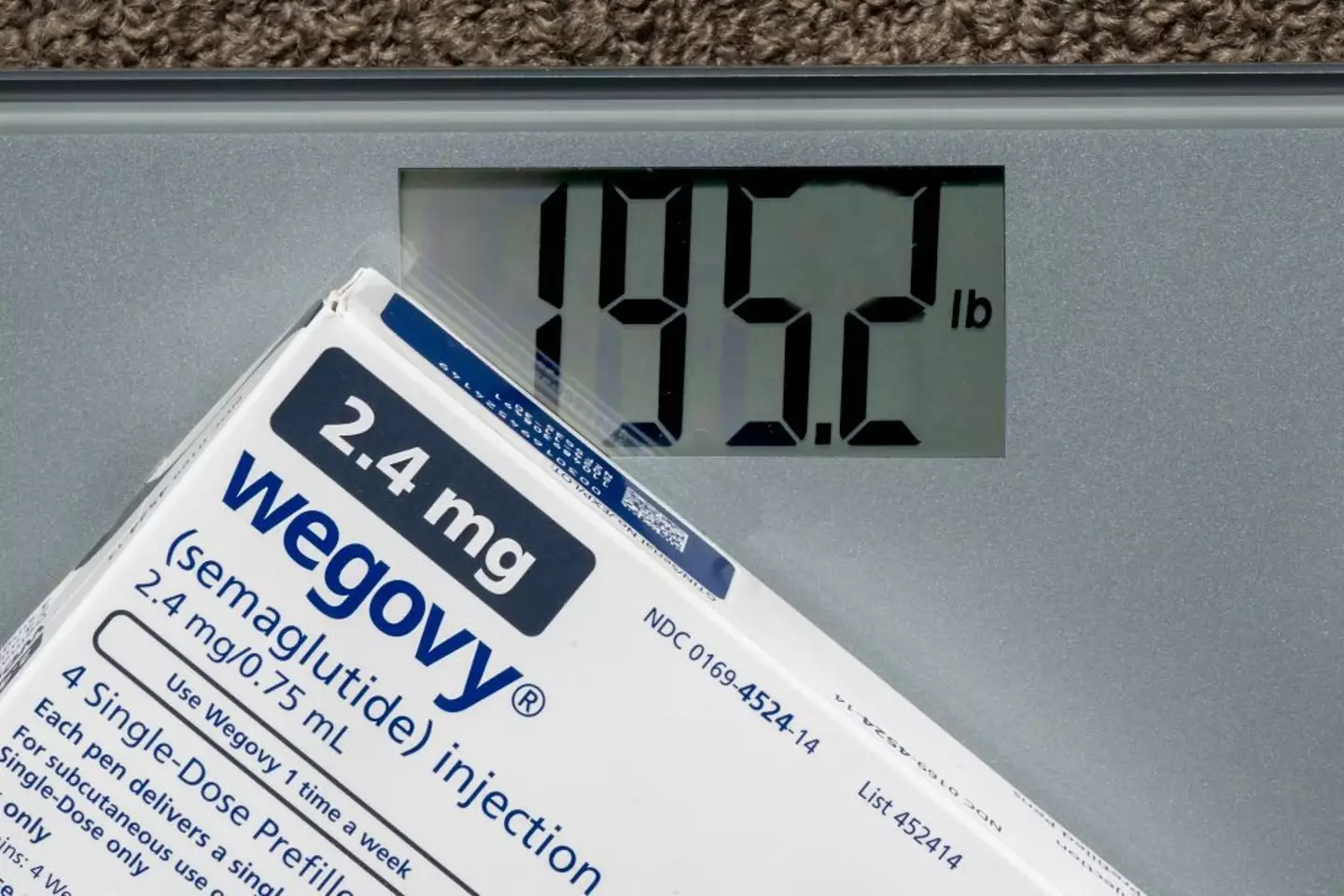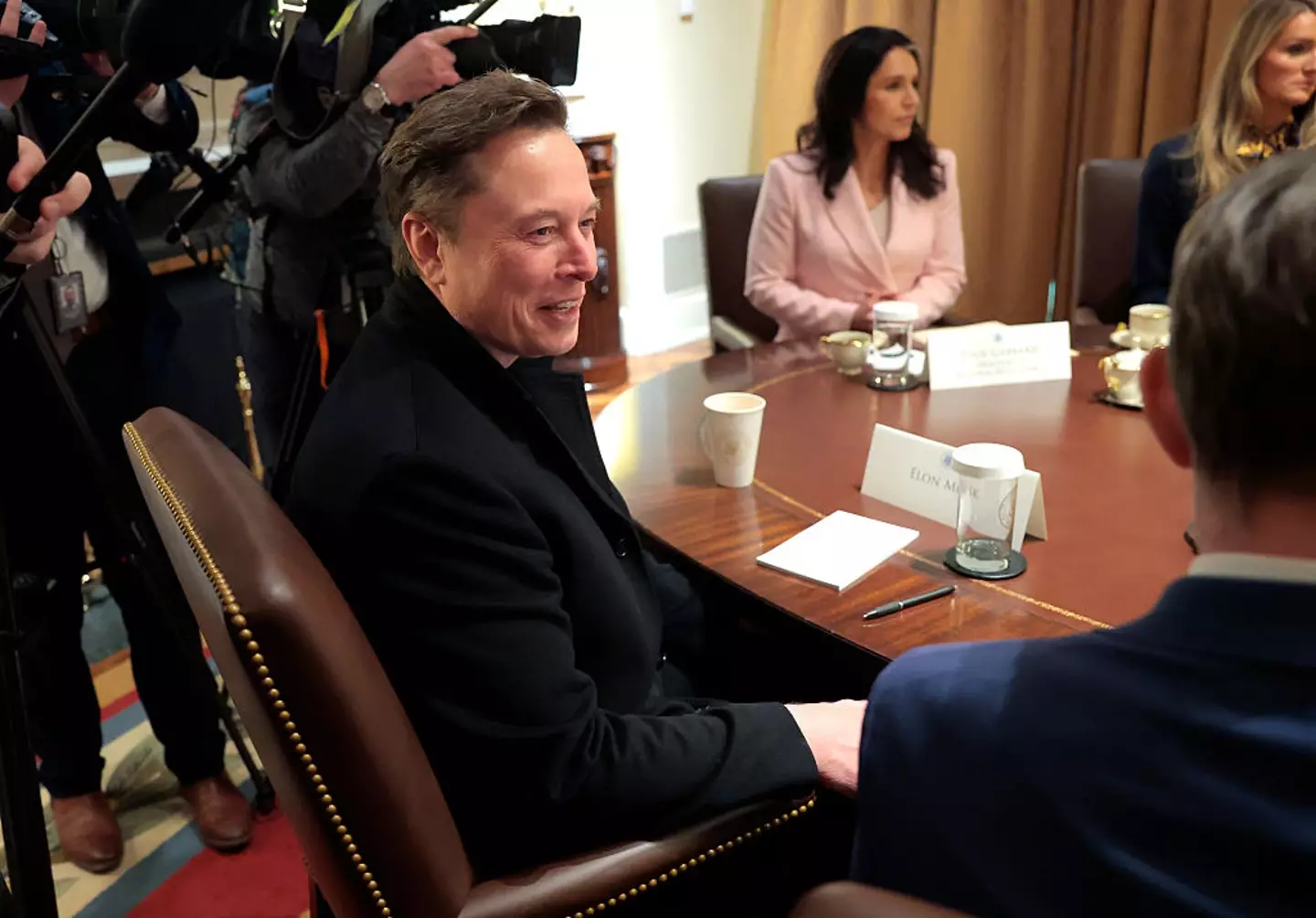
As arguably the most-trusted health organization in the world, it tends to be the case that when the World Health Organization speaks out, we all listen. Now, the WHO has once again returned to the issue of Ozempic and other anti-diabetic medications by passing judgment on the so-called 'skinny jabs'.
Despite Ozempic's proposed usage as a treatment for type 2 diabetes, its ability to be used as an anti-obesity medicine and popularity among celebrity circles has seen it become the talk of the town. Big names like Kelly Osbourne, Oprah Winfrey, and even Elon Musk have admitted to taking GLP-1 jabs.
It's not only the rich and famous backing Ozempic, Wegovy, Mounjaro, and the rest, with a memo seen by Reuters claiming that the WHO is also jumping on the skinny jab bandwagon.

Advert
Although the WHO originally said it couldn't back these drugs due to a lack of data on their long-term effects, it's seemingly pulled a U-turn to suggest they'll be added to its essential medicines list.
If this is the case, the jabs would be more widely available around the globe. They're supposed to be prescribed by a medical professional, although there's been a rise in black market sales and people being easily get their hands on stockpiles without a referral.
As noted by Reuters, over a billion people around the world are now classed as obese, with around 70% of them living in low and middle-income countries that might not be able to afford the likes of Ozempic.
The United Nations has also called for a look into how access can be improved in these regions. With these medications coming in at over $1,000 a month, and some requiring permanent doses to keep the weight off, the WHO could look into bringing prices down.

Wegovy was developed by Novo Nordisk, while Zepbound is from Eli Lilly. Both mimic a hormone that slows digestion and helps us feel fuller for longer, with clinical trials showing how patients have been able to lose up to 20% of their body weight while on these drugs.
This conditional recommendation will supposedly be released in the WHO's new August guidelines on how to treat obesity, while separate guidelines are apparently in the works for children and adolescents.
In the meantime, experts are due to convene and decide whether GLP-1 drugs should be included in the WHO's essential medicines list. This is a catalog of drugs that should be readily available in all 'functioning' health systems, and make them more available in poorer countries. This previously happened with HIV drugs when they were included in 2002.
The memo notes that the patent for semaglutide, that's used in Wegovy, ends in 2026 for some territories, leading to a rush of companies trying to launch their own cheaper versions.
Even though the WHO might be heading toward backing GLP-1 drugs, it still raises concerns about pricing in LMICs (low- and middle-income countries): "The same mechanisms that are used in large-scale medicine access programmes may need to be adopted."
The WHO, Eli Lilly, and Novo Nordisk didn't respond to Reuters' request for comment.